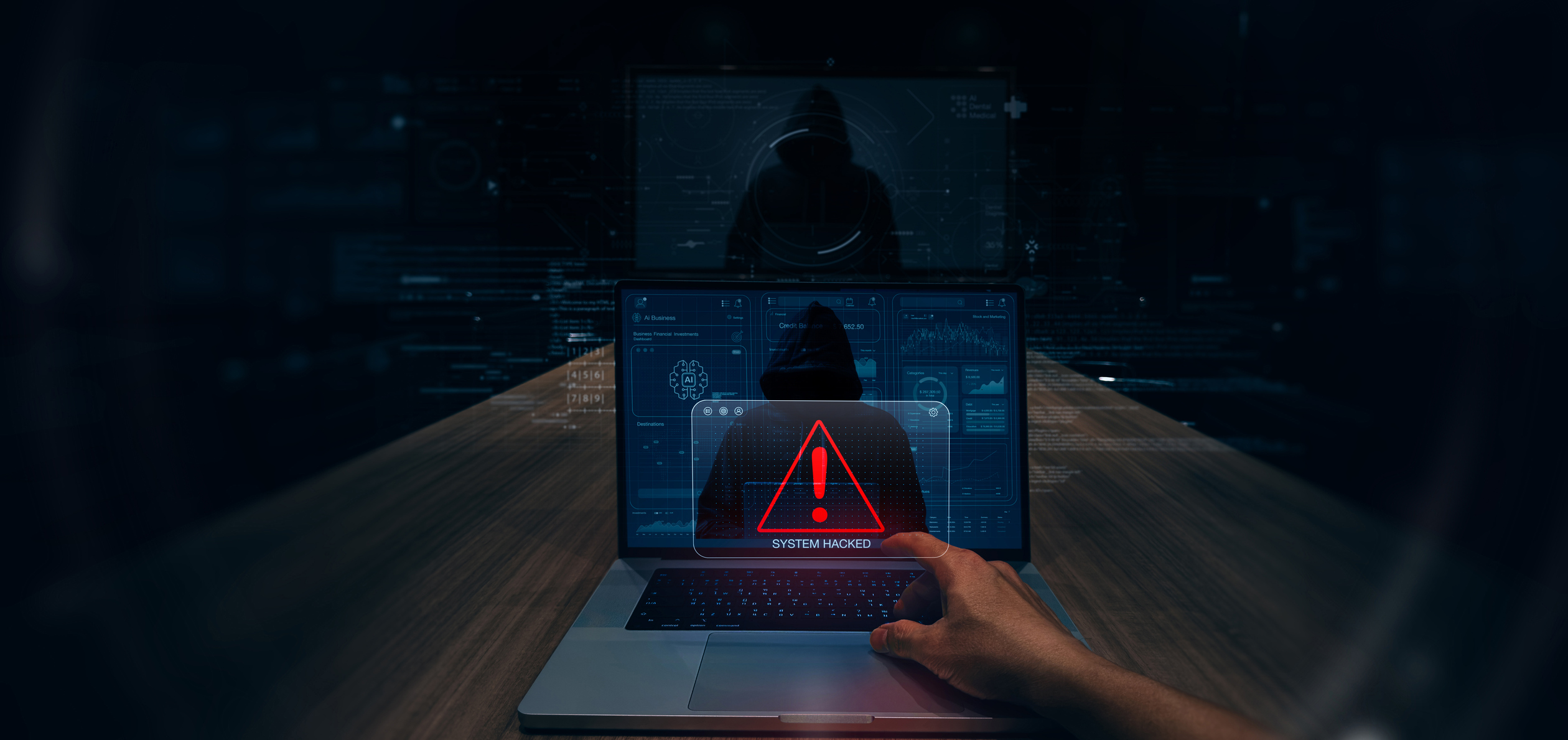Executive Summary
Hospitals and healthcare providers have increasingly become targets of cyberattacks, which pose significant risks to patient care and safety. This document examines the various ways in which cyberattacks can disrupt hospital operations, compromise patient data security, and ultimately affect the quality of patient care. It also explores strategies and best practices that hospitals can implement to mitigate these risks and enhance their cybersecurity posture.
Introduction
Hospitals are vital institutions that deliver critical health care services to patients. They rely heavily on interconnected digital systems and applications to manage everything from patient records and diagnostic tools to communication and billing. However, this reliance on technology also makes hospitals vulnerable to cyber threats. Cyberattacks targeting healthcare organizations have been on the rise due to the high value of personal and medical information, which is exfiltrated from these systems and sold on the black market. That an attack can disrupt essential services is a key motivator to nation-state actors and cybercriminals.
Types of Cyberattacks Impacting Hospitals
1. Ransomware Attacks: These involve malicious software that encrypts hospital data, rendering it inaccessible until a ransom is paid. Ransomware can cripple hospital operations, affecting patient admissions, scheduling surgeries, accessing medical records and reimbursement for services.
2. Data Breaches: These incidents involve unauthorized access to patient records, which can lead to identity theft, fraud, and compromise of sensitive medical information. Data breaches result in the decrease of patient trust and can have legal and financial repercussions for hospitals.
3. Disruption of Medical Devices: Connected medical devices, such as infusion pumps and pacemakers, can be compromised in cyberattacks, potentially affecting patient monitoring treatment delivery.
Impact on Patient Care
Cyberattacks on hospitals can have profound effects on patient care, extending beyond immediate disruptions to encompass long-term consequences that affect patient health, safety, and overall well-being. Understanding these impacts is crucial for an organization's cybersecurity team, healthcare providers and policymakers as they navigate the complexities of safeguarding healthcare systems against cyber threats.
1. Delayed Diagnosis and Treatment:
Disruption of Electronic Health Records (EHRs): Hospitals rely heavily on EHR systems to manage patient information, track medical histories, and facilitate timely diagnoses and treatments. A cyberattack that compromises EHR availability or integrity can delay healthcare professionals' access to critical patient data. This delay can lead to postponed diagnoses, ineffective treatment planning, and prolonged hospital stays for patients, exacerbating their medical conditions.
Impact on Emergency Care: In emergency situations, timely access to patient records and diagnostic tools is crucial for making informed decisions and delivering prompt care. Cyberattacks that disrupt these systems can impede healthcare providers' ability to respond swiftly and effectively, potentially compromising patient outcomes and increasing the risk of medical errors.
2. Compromised Patient Safety:
Medication Errors: Access to accurate patient information is essential for administering medications safely. Cyberattacks that alter or restrict access to medication administration records (MARs) can lead to errors in dosage, timing, or medication type, posing serious risks to patient safety.
Miscommunication and Coordination Issues: Hospital staff rely on secure communication channels and integrated systems to coordinate care, share critical updates, and consult with specialists. Cyberattacks that disrupt these communication channels can hinder collaboration among healthcare teams, leading to miscommunication, delays in treatment decisions, and potentially compromising patient safety during critical care transitions.
3. Privacy Breaches and Patient Trust:
Loss of Confidentiality: Healthcare organizations are entrusted with safeguarding patients' sensitive medical information. A data breach resulting from a cyberattack can expose patient records to unauthorized access, identity theft, or fraud. The loss of confidentiality decreases patient trust in healthcare providers and may deter patients from seeking necessary medical care or disclosing sensitive health information in the future.
Legal and Regulatory Consequences: In the US, healthcare facilities are subject to stringent data protection regulations, such as HIPAA. Failure to secure patient data adequately can lead to regulatory fines, legal liabilities, and damage to the hospital's reputation. These consequences further strain hospital resources and divert attention away from patient care initiatives.
4. Disruption of Medical Device Functionality:
Vulnerabilities in Connected Devices: Modern hospitals increasingly rely on connected medical devices, such as infusion pumps, ventilators, and cardiac monitors, to deliver precise treatments and monitor patient health. Cyberattacks targeting these devices can compromise their functionality, interrupting critical treatments and jeopardizing patient safety. Healthcare providers and healthcare organizations must implement robust cybersecurity measures to protect medical devices from unauthorized access and ensure uninterrupted patient care.
5. Long-Term Impact on Healthcare Delivery:
Financial and Operational Burden: Recovering from a cyberattack involves substantial financial costs, including investments in cybersecurity infrastructure, forensic investigations, and potential legal fees. Operational disruptions resulting from cyberattacks can strain hospital resources, reduce efficiency, divert the frontline staffs’ focus away from patient care, and hospital administrators’ attention from strategic initiatives.
Reputational Damage: Public perception of a hospital's cybersecurity preparedness and data protection practices significantly influences patient trust and satisfaction. A cyberattack resulting in data breaches or service interruptions can damage the hospital's reputation, leading to decreased patient loyalty, negative media coverage, and reluctance among healthcare professionals to affiliate with the institution.
Challenges Faced by Hospitals
1. Complexity of IT Infrastructure: Hospitals manage vast networks of interconnected devices and systems, making it challenging to secure every endpoint against cyber threats.
2. Resource Constraints: Many hospitals operate under tight budgets, limiting their ability to invest in robust cybersecurity measures and training for staff.
3. Regulatory Compliance: Healthcare organizations must comply with stringent data protection regulations, adding complexity to cybersecurity efforts.
Mitigation Strategies
1. Risk Assessment and Management: Conduct regular assessments to identify vulnerabilities and prioritize cybersecurity investments based on potential impact and likelihood of threats.
2. Employee Training and Awareness: Educate staff about phishing scams, proper data handling procedures, and the importance of strong passwords to reduce human error in cybersecurity incidents.
3. Incident Response Planning: Develop and test comprehensive incident response plans to minimize the impact of cyberattacks, ensuring timely recovery of critical systems and services.
Conclusion
Cyberattacks pose a significant and growing threat to patient care in many areas including the hospital setting, impacting everything from data security and operational efficiency to patient safety and trust. Healthcare organizations must adopt a proactive approach to cybersecurity, leveraging technology, training, and strategic planning to mitigate risks and safeguard patient care. By investing in robust cybersecurity measures and fostering a culture of vigilance among staff, hospitals can enhance their resilience against cyber threats and uphold their commitment to delivering safe and effective patient care.
Kathleen Boyle comes from a nursing and hospital administration background. After spending 25 years in the hospital setting, she expanded her career to IT Compliance. As the Senior Director of Compliance for Access Point Consulting, she leads our regulatory compliance team with expertise and dedication, ensuring our clients meet stringent compliance standards.
Access Point Consulting is a cybersecurity consulting firm specializing in security consulting, regulatory compliance, and security operations. We help clients manage their attack surface, detect and respond to cyber incidents, and foster innovation and growth. Our services align with compliance guidelines such as NIST CSF, CIS 18, HIPAA, NYDFS, ISO-27001, GDPR, and FFIEC. For more information about Access Point Consulting and how we can help secure your organization, visit our website at accesspointconsulting.com.









